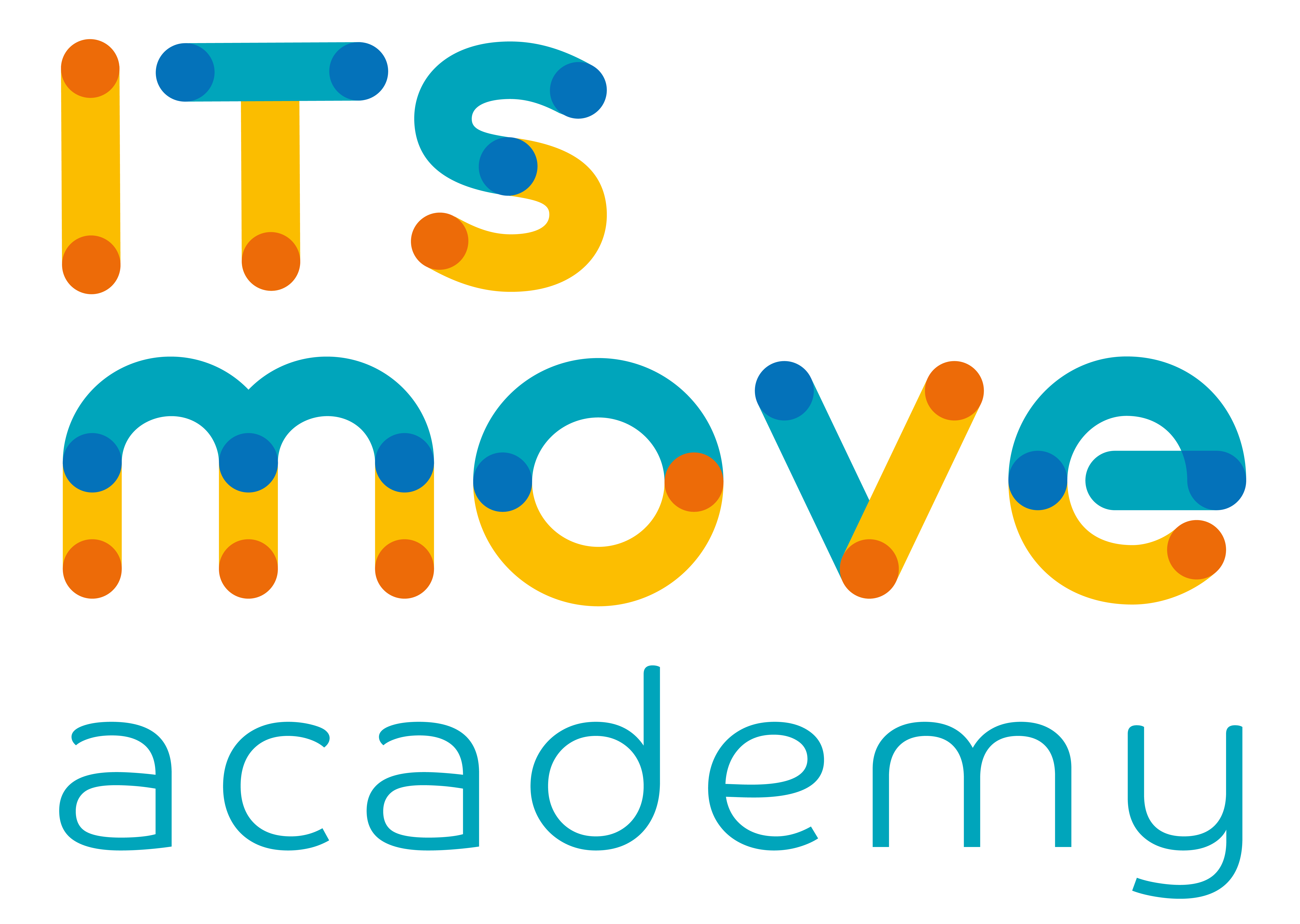The sector of industrial programming is experiencing a continuous transformation. Automation, Industry 4.0, human-machine integration and data analysis have radically transformed the way people work in production plants. At the same time, demand has grown for new professional figures, specialised technicians who know how to design, manage and improve automated systems. But what are, today, the most in-demand professions in industrial programming?
Industrial programming is the set of activities that allow production processes to be controlled and optimised through the use of digital technologies. It involves, in particular, writing and managing codes and software that control automated machines and plants, robots, sensors, intelligent production lines. The language may vary, but the goal is always the same: to increase efficiency, reduce errors and costs, ensure high quality standards.
This discipline has become crucial with the advent of the smart factoryin which devices communicate with each other in real time and are able to make autonomous decisions based on data.
To enter the world of industrial programming, the ITS (Instituti Tecnologici Superiori)) offer highly professionalised two-year training courses, designed to respond directly to demand from companies. L'ITS Move Academyfor example, offers a specific course in Logistics planning and management in businesswhich combines theory and practice with a strong orientation towards the world of work. The training course is structured to train technicians able to plan and manage, in close connection with the company's purchasing, production and sales functions and with any external operators, internal and external logistics functions with the help of computer systems and applications and enabling technologies.
Industrial programming and new professional figures
Working in industrial programming requires a mix of technical and transversal skillsincluding knowledge of the main industrial programming languages (such as Ladder, Structured Text, C/C++, Python), familiarity with the PLC and SCADA systemsthe ability to read electrical and pneumatic diagrams, know the basics of mechatronics, electronics and robotics, but also be able to develop logical thinking and problem solving skills, and have a flair for teamwork.
These skills are fundamental for approaching the industrial programming sector and can be acquired in a progressive and concrete manner through direct contact with professionals and real production environments. Companies in the sector automotive, food, pharmaceutical, logistics are investing heavily in the digital transformation of processes. This means that skills related to industrial planning are among the most in demand on the labour market.
From the deepening of these skills comes the most sought-after professions by companies in the field of industrial programming:
- PLC Programmer Technicianis the professional who writes and manages programmes for programmable logic controllers (PLCs), used for the automatic control of machines. He is one of the key figures in the maintenance and development of industrial plants;
- Automated systems designerHe works in the design and implementation phase of new installations, defining the architecture of automated systems and collaborating with engineers and electronic technicians;
- SCADA and HMI developerdeals with remote supervision and control systems, which are essential for monitoring and regulating production processes in real time. Effective user interfaces make work safer and more efficient;
- Predictive maintenance specialistWith the use of sensors and data analysis, this figure monitors the condition of machines and intervenes before faults occur, reducing production stoppages;
- Industrial data analystan increasingly strategic figure. He is in charge of analysing large quantities of data from production to optimise processes, predict criticalities and improve overall performance.
In a world where factories are getting smarter and smarter, companies are looking for people who can make them work at their best. Choosing an ITS pathway in the industrial programming means investing in concrete, future-oriented training.

Author of the article
ITS MOVE - Editor



